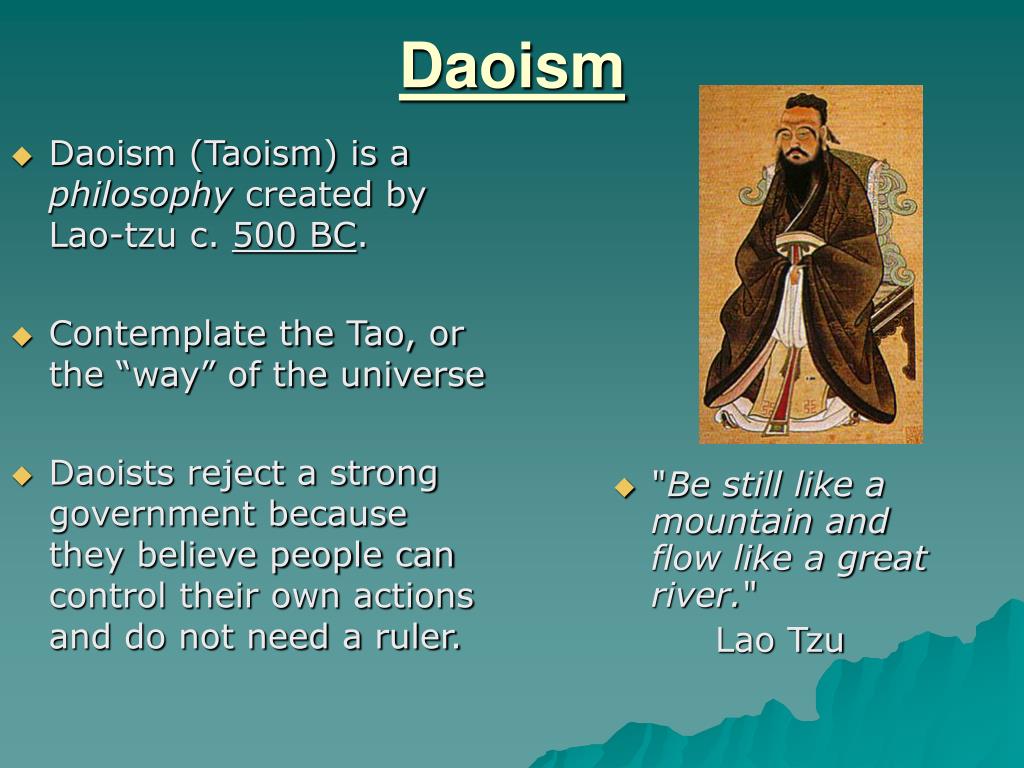Two particles affecting one another faster than light seemed unimaginable but there is no denying the facts. This mystery has inspired much skepticism from lay folk and Nobel prize winners alike. But how do we solve this? Emily Adlam argues, that retrocausality, the idea the future can affect the past, is the key to solving this quantum enigma. One of the most famous and puzzling features of quantum mechanics is the fact that it exhibits what Einstein called ‘spooky action at a distance, – correlations between measurements performed on particles very far apart in space. Now, of course distant correlations in and of themselves are nothing surprising. For example, suppose I take a pair of socks out of my drawer, separate them, and then send one off to my friend Alice in London and the other to my friend Bob in Auckland. If my friends observe the socks and then compare their results and dis…
Read the full article which is published on IAI TV (external link)






